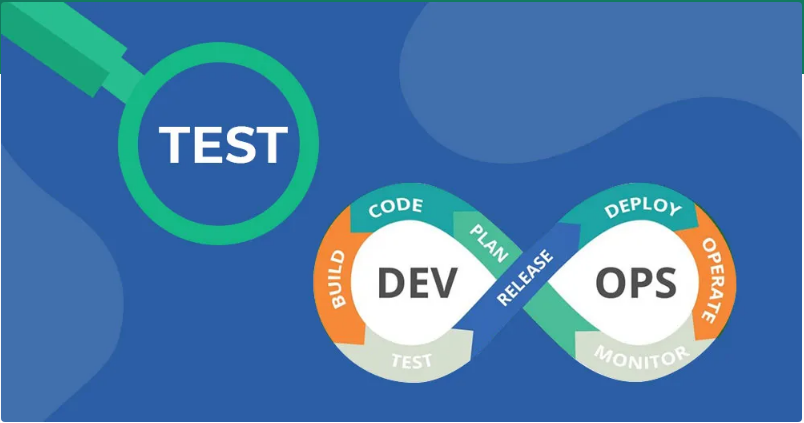
In today’s rapidly evolving software development landscape, DevOps has emerged as a transformative approach that integrates development and operations teams to improve collaboration, automate workflows, and deliver high-quality software faster. This article explores the impact of DevOps on Software Quality Assurance (SQA) and how it is reshaping the traditional approaches to testing and quality assurance.
What is DevOps?
DevOps is a cultural and technical movement emphasizing collaboration, communication, and integration between software development and IT operations teams. It aims to streamline the software delivery lifecycle, from code development to deployment and maintenance, by implementing automation, continuous integration/continuous delivery (CI/CD), and monitoring practices.
DevOps Principles and Practices
DevOps is built on several core principles and practices that align with the goals of improving software quality and delivery speed:
Infrastructure as Code (IaC):
Treating infrastructure configurations as code enables consistent and repeatable environments, reducing the chances of configuration errors and improving reliability.
Continuous Integration (CI):
Developers frequently integrate code changes into a shared repository, triggering automated builds and tests to identify issues early in development.
Continuous Delivery/Continuous Deployment (CD):
Automated deployment pipelines enable faster and more reliable releases by automating the deployment process, reducing manual errors, and accelerating feedback loops.
Monitoring and Feedback Loops:
Monitoring application performance and user feedback helps teams proactively identify and address issues, ensuring high software quality and user satisfaction.
Impact of DevOps on SQA
The adoption of DevOps practices has had a profound impact on Software Quality Assurance, leading to several key changes and improvements:
Shift-Left Testing:
DevOps promotes shifting testing activities earlier in the development lifecycle, enabling quicker identification and resolution of defects. This approach fosters a culture of quality ownership among developers and reduces the cost and effort of fixing issues later in the lifecycle.
Automated Testing:
DevOps encourages using automated testing tools and frameworks to streamline testing efforts, increase coverage, and ensure consistent and reliable results. Automated tests are integrated into the CI/CD pipeline, allowing for continuous validation of code changes and reducing the time to market.
Collaboration and Communication:
DevOps emphasizes cross-functional collaboration and communication between development, operations, and QA teams. This collaboration fosters shared responsibility for quality and facilitates knowledge sharing, leading to improved understanding of requirements, better test coverage, and faster resolution of issues.
Infrastructure Scalability and Resilience:
DevOps practices such as IaC and automated provisioning enable teams to quickly and efficiently provision, scale, and manage infrastructure resources, ensuring optimal application performance, availability, and resilience under varying workloads.
Challenges and Considerations
While DevOps offers numerous benefits for SQA, it also presents challenges that organizations must address to realize its full potential:
Cultural Shift:
Adopting DevOps requires a cultural shift towards collaboration, shared ownership, and continuous improvement. Organizations must invest in training, mentoring, and change management initiatives to foster a DevOps culture and mindset.
Toolchain Integration:
Integrating various tools and technologies across the DevOps toolchain can be complex and requires careful planning and coordination to ensure seamless communication and data exchange between different tools.
Quality Metrics and KPIs:
Traditional quality metrics may not fully capture the performance and effectiveness of DevOps practices. Organizations need to redefine and adapt their quality metrics and KPIs to reflect the new dynamics of DevOps and measure the impact on software quality and delivery.
Conclusion
DevOps has significantly influenced the evolution of Software Quality Assurance, promoting a culture of collaboration, automation, and continuous improvement. By embracing DevOps principles and practices, organizations can enhance their software delivery lifecycle’s efficiency, reliability, and quality, ultimately delivering greater value to their customers and stakeholders. However, successful DevOps adoption requires a strategic approach, cultural alignment, and ongoing commitment to continuous learning and adaptation.